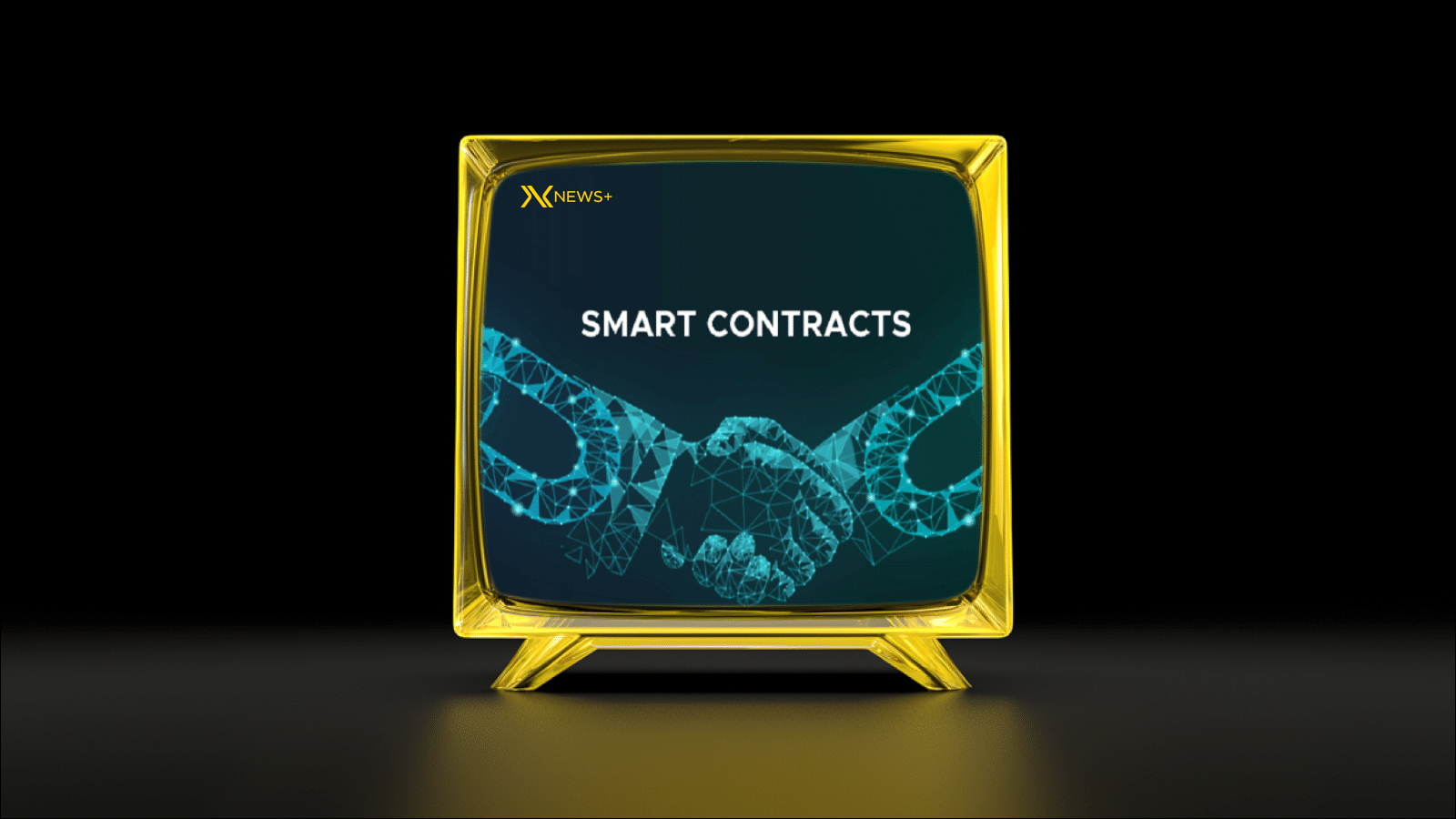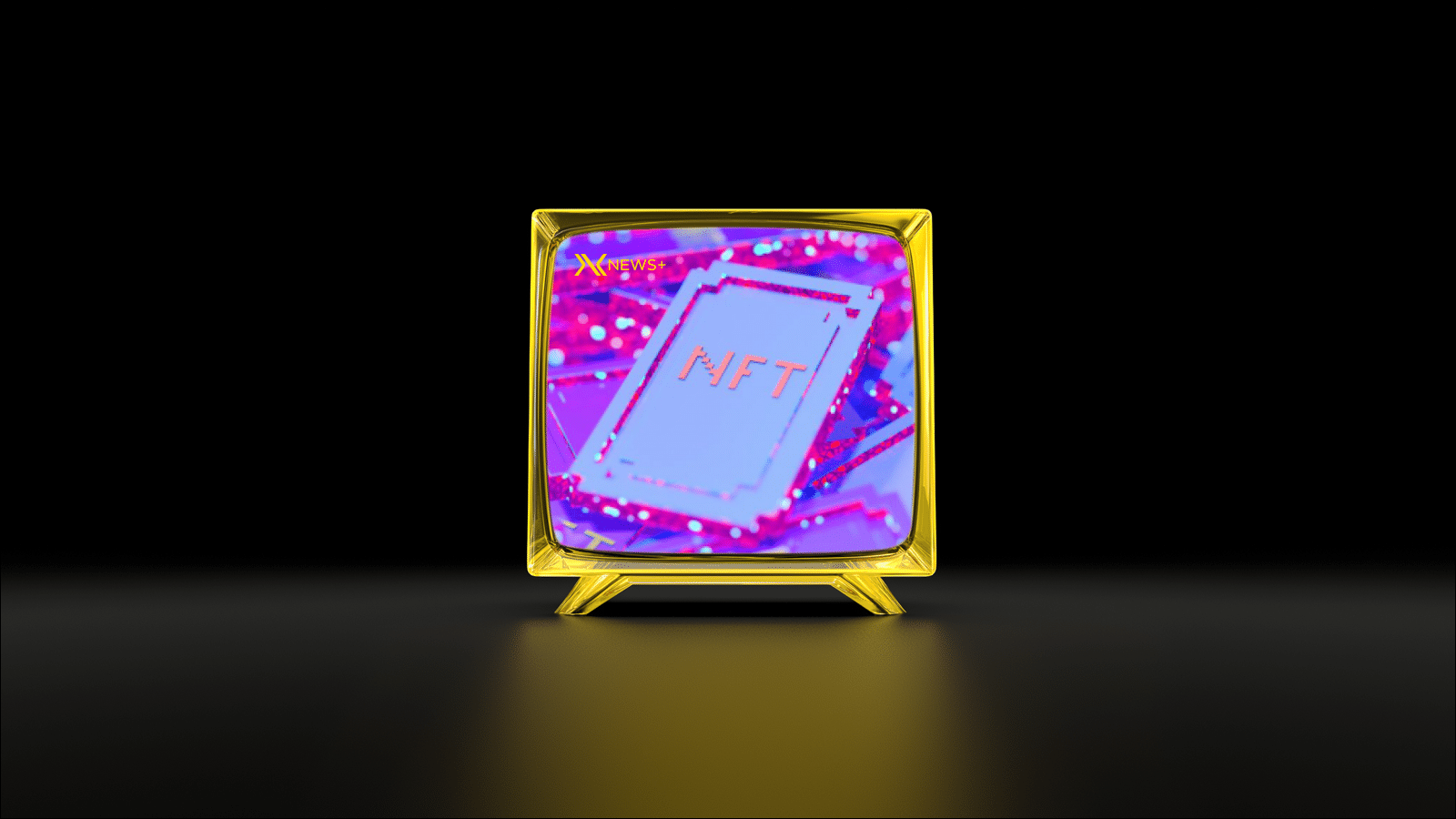Understanding Smart Contracts: The Potential They Hold
Smart contracts are revolutionizing the way businesses operate by automating and securing transactions through the use of blockchain technology. The essence of these contracts lies in their capability to execute predefined agreements automatically, based on specified conditions being met. This innovative approach not only eliminates the need for intermediaries but also considerably reduces the chances of fraud and mistrust.
One of the primary reasons for the growing interest in smart contracts is the potential they hold for enhancing operational efficiency. By streamlining processes, organizations can achieve faster transaction times and lower costs. Smart contracts have the ability to self-execute, meaning that once the conditions outlined in the contract are satisfied, all parties involved automatically fulfill their obligations without manual intervention. This significantly minimizes delays that are often caused by the need for human oversight.
Furthermore, the transparency provided by blockchain technology enhances accountability among parties. Each action taken under the smart contract is recorded on a public ledger, which can be accessed in real-time by all stakeholders. This not only increases trust but also enables businesses to closely monitor performance metrics, facilitating improvements in workflows and decision-making based on accurate, data-driven insights.
As industries evolve, the adaptability of smart contracts to various sectors—ranging from finance to supply chain management—demonstrates their versatile potential. With a growing number of use cases, organizations are beginning to see how integrating smart contracts into their operations can lead to transformative changes in both operational efficiency and competitive advantage.
Smart contracts represent a significant breakthrough in the realm of business processes. By harnessing the potential of automated agreements, companies can enhance efficiency, build greater trust, and ultimately drive growth in a rapidly changing digital landscape.
Input: Key Components Needed For Smart Contracts Implementation
To leverage the full potential of smart contracts and ensure their effective implementation in business processes, several key components must be in place. These elements not only facilitate the creation and deployment of smart contracts but also enhance their reliability and efficiency.
- Blockchain Technology: Smart contracts must operate on a blockchain platform. This decentralized ledger technology provides the necessary environment for executing contracts securely and transparently.
- Development Tools: Programmers need specific tools and programming languages such as Solidity (for Ethereum) to create smart contracts. Using the right tools can improve development speed and accuracy.
- Legal Framework: Understanding the legal context surrounding smart contracts is crucial. Ensure that the smart contracts comply with existing laws and regulations to prevent potential legal issues.
- Security Protocols: Implementing robust security protocols is vital to safeguard smart contracts against vulnerabilities and attacks. Regular audits and assessments can help maintain the integrity of the contract.
- User Interfaces: Creating intuitive user interfaces can aid businesses and users in managing and interacting with smart contracts seamlessly. A user-friendly design fosters adoption and reduces errors.
- Oracle Integration: Oracles play a key role in smart contracts by providing external data necessary for contract execution. Integrating reliable oracles ensures that smart contracts react to real-world events accurately.
By considering these fundamental components, businesses can harness the potential of smart contracts effectively, leading to streamlined processes and enhanced operational efficiency.
Development: How Smart Contracts Are Created and Deployed
Creating and deploying smart contracts involves a systematic process that ensures their functionality and security. The development lifecycle can be broadly divided into several key phases:
- Define the Requirements: The first step in the development of a smart contract is to clearly define its purpose and the business requirements it aims to address. This involves discussions with stakeholders to establish the rules and logic that the contract will enforce.
- Select the Blockchain Platform: Different blockchain platforms, such as Ethereum, Binance Smart Chain, and Hyperledger, have distinct features and capabilities. Choosing the right platform is essential, as it will dictate the programming language and the smart contract’s deployment environment.
- Write the Smart Contract Code: Smart contracts are programmed using specific languages, with Solidity being the most common for Ethereum. Developers write the contract code to encode the business logic and conditions defined in the requirements phase.
- Testing: Before deploying a smart contract, it must undergo rigorous testing to identify and fix any potential vulnerabilities or bugs. This often includes unit testing, integration testing, and the use of testnet environments to simulate real-world scenarios.
- Deploying the Smart Contract: Once testing is complete, the contract can be deployed to the selected blockchain. This involves sending a transaction that includes the compiled smart contract code to the blockchain network, which validates and records the contract.
- Monitoring and Maintenance: After deployment, it is crucial to continuously monitor the smart contract’s performance and ensure it operates as intended. Updates may be necessary to enhance functionality or address security vulnerabilities.
By understanding these critical steps in development, businesses can harness the potential of smart contracts effectively, leading to well-structured agreements that enhance operational efficiency and foster trust among stakeholders.
Result: The Benefits of Smart Contracts In Business Processes
Smart contracts possess The Potential to revolutionize the way businesses operate. Here are some of the key benefits that smart contracts can bring to business processes:
- Automation: Smart contracts automate tasks by executing predefined agreements when certain conditions are met, reducing the need for manual intervention and minimizing errors.
- Cost Efficiency: With automation, businesses can significantly cut down on operational costs related to administrative tasks and legal fees. This allows them to allocate resources more effectively.
- Increased Transparency: Smart contracts are stored on a blockchain, providing a transparent and immutable record of all transactions. This builds trust among parties involved in a contract and enhances accountability.
- Enhanced Security: The decentralized nature of blockchain makes smart contracts less vulnerable to fraud and cyber-attacks. Data is encrypted and requires consensus across the network before any alterations can occur.
- Speed: Traditional contract processes can be slow, involving several intermediaries. Smart contracts facilitate quick execution of agreements, significantly speeding up transaction processing times.
- Reduced Disputes: By clearly outlining terms and automating execution, smart contracts can help prevent misunderstandings and disputes that often arise from manual contracts.
- Scalability: As businesses grow, managing contracts can become cumbersome. Smart contracts can easily scale with business operations, making them suitable for both small startups and large enterprises.
By leveraging these benefits, businesses can unlock greater efficiency and innovation, aligning with the overarching vision of harnessing The Potential of technology to enhance their operational frameworks.
Exploring The Potential Impact of Smart Contracts on Efficiency
Smart contracts are revolutionizing the way businesses operate by significantly enhancing the potential for streamlined processes. Their ability to automate various business operations reduces the likelihood of human error, thereby increasing overall efficiency. Here’s how smart contracts contribute to improved efficiency:
- Automation: Smart contracts execute predefined actions automatically when specific conditions are met. This reduces the need for manual intervention and speeds up transaction processing.
- Transparency: All parties involved can view the terms and conditions of the contract in real-time, ensuring everyone has access to the same information. This transparency builds trust and reduces the time spent on clarifications and disputes.
- Cost Reduction: By eliminating intermediaries and automating tasks, businesses can significantly cut costs associated with contract management. Lower operational costs can lead to increased profitability.
- Reduced Transaction Times: The instantaneous nature of smart contracts allows for faster execution of agreements. This speed is especially beneficial in industries requiring rapid transactions, such as finance and logistics.
- Improved Accuracy: Automated processes in smart contracts minimize the risk of errors that can occur during manual entry or negotiations, resulting in higher accuracy in contract fulfillment.
By leveraging the potential of smart contracts, organizations can not only streamline their processes but also innovate their business models, leading to a more efficient and effective operation overall. As businesses embrace this technology, we can expect to see a significant transformation in how contracts are managed and executed across various sectors.





